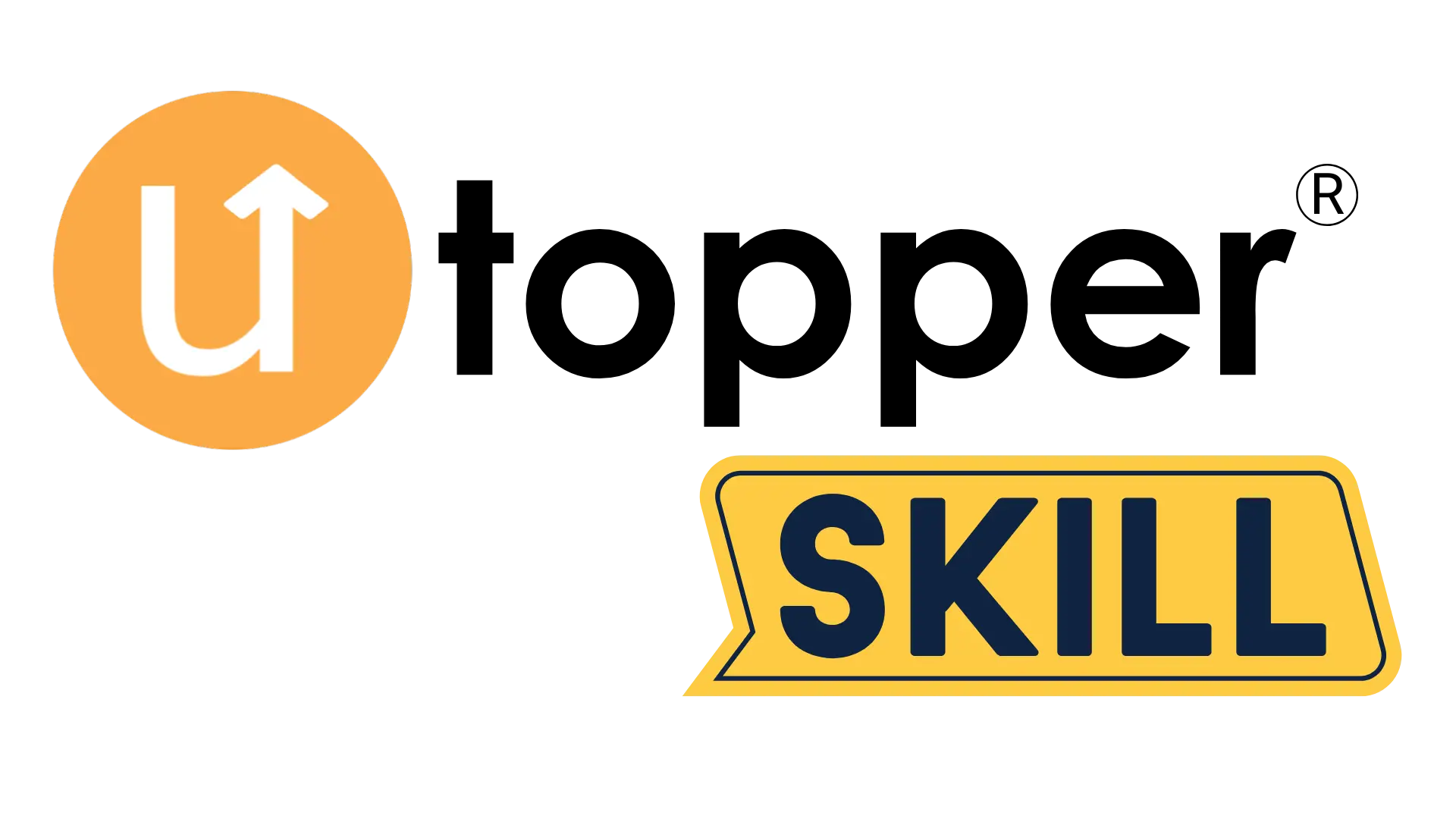Functions in C
Hello Everyone, In this article, we will cover the concept of Functions in C Programming. In this topic we will cover what is function in c, its syntax, type of function, and practical examples of its use. Whether you’re new to C or have some experience, this guide will help you to understand C Functions effectively. Let’s get started.
In C programming, a function is a self-contained block of code that performs a specific task. Functions are used to organize code, improve code reusability, and make it more modular and easier to maintain. They can accept input parameters, perform operations, and return a value.
A Function in C programming consists of
- Function declaration: Specifies the function’s name, return type, and parameters. It provides information about the function to the compiler.
- Function definition: Contains the actual implementation of the function, including the code that will be executed when the function is called.
- Function call: The process of invoking a function from another part of the code, providing the required parameters and receiving the return value if applicable.
Types of Functions in C
- Built-in functions: These are predefined functions provided by the C standard library, such as printf(), scanf(), strcpy(), and strlen(). They are part of the standard library and can be used without the need to define them in your code.
- User-defined functions: These are functions that are created by the programmer to perform specific tasks. They are defined and implemented within the same program or in separate source files.
Syntax of Functionin C
return_type function_name(parameter_list) {
// function body
// ...
return result;
}- return_type: The data type of the value returned by the function. It can be int, float, char, or any other valid data type. If the function doesn’t return a value, the return type is ‘void’.
- function_name: The name of the function, which should be a valid C identifier.
- parameter_list: A comma-separated list of input parameters for the function. Each parameter is declared with a data type and a variable name. If the function doesn’t take any parameters, you can use the keyword ‘void’ or leave it empty.
- function body: The actual code that will be executed when the function is called. It consists of a series of statements enclosed in curly braces {}.
- return statement: Used to return a value from the function. The return statement is optional if the function has a ‘void’ return type.
Example of a user-defined function in C
#include <stdio.h>// Function declaration
int add(int a, int b);
int main() {
int num1 = 10, num2 = 20, sum;
// Function call
sum = add(num1, num2);
printf("The sum of %d and %d is %d\\n", num1, num2, sum);
return 0;
}
// Function definition
int add(int a, int b) {
int result;
result = a + b;
return result; // Return statement
}
In this example, we have defined a simple function named ‘add’ that takes two integer parameters and returns their sum. The function is declared before the main() function and defined after it. The add() function is called from the main() function, and the result is printed.
The following C program demonstrates the use of functions in detail. It includes examples of function declarations, definitions, and calls, as well as how to pass arguments and return values from functions.
#include <stdio.h>// Function declarations
int add(int a, int b);
int subtract(int a, int b);
int multiply(int a, int b);
float divide(float a, float b);
int main() {
int num1, num2;
int sum, diff, product;
float quotient;
printf("Enter two integers: ");
scanf("%d %d", &num1, &num2);
// Function calls
sum = add(num1, num2);
diff = subtract(num1, num2);
product = multiply(num1, num2);
quotient = divide((float)num1, (float)num2);
// Display the results
printf("Sum: %d\\n", sum);
printf("Difference: %d\\n", diff);
printf("Product: %d\\n", product);
printf("Quotient: %.2f\\n", quotient);
return 0;
}
// Function definitions
// Add two integers and return the result
int add(int a, int b) {
int result;
result = a + b;
return result;
}
// Subtract two integers and return the result
int subtract(int a, int b) {
int result;
result = a - b;
return result;
}
// Multiply two integers and return the result
int multiply(int a, int b) {
int result;
result = a * b;
return result;
}
// Divide two float numbers and return the result
float divide(float a, float b) {
float result;
if (b == 0.0) {
printf("Error: Division by zero.\\n");
return 0;
}
result = a / b;
return result;
}
This program demonstrates the use of four functions: add, subtract, multiply, and divide. Each function takes two input parameters and returns a result. The add, subtract, and multiply functions operate on integers, while the divide function operates on float numbers.
The main function first takes user input for two integers, num1 and num2, and then calls the four functions to perform the operations. The results are stored in the respective variables (sum, diff, product, and quotient), which are then printed to display the results.
This program is a good example of how functions can be used to modularize and organize code, making it easier to read and maintain. Each function is responsible for a specific task, and the main function serves as the entry point and orchestrates the flow of the program.


